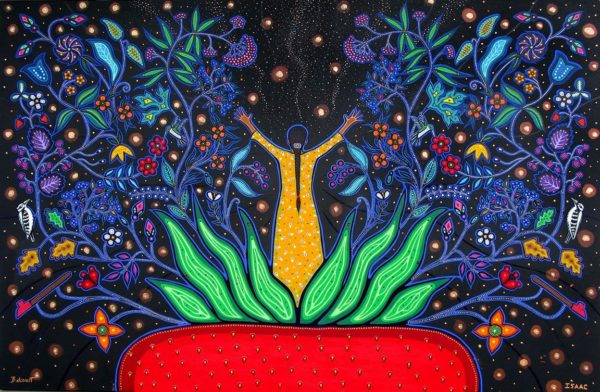As I have watched the national dialogue unfold around sexual harassment and sexual violence, I can’t help but take notice of the lack of tie in to a much larger picture: namely, how men have abused their power to dominate and inflict violence upon not only women (and women of color in particular), but our Mother Earth. And they absolutely are related.
The roots of colonization and patriarchy in the Americas included the strategy of stealing lands from Indigenous peoples, inflicting violence and domination over women, and further exploiting those lands for monetary gain. But this is not some distant past — it is happening at an alarming rate today. Both the land, water, and Indigenous women have been ‘othered’ and devalued in our society. Native American women are 2.5 times more likely to experience sexual assault and rape than any other ethnic group and the unsolved cases of Murdered & Missing Indigenous Women (#MMIW) are staggering. Extractive industries play a major role in this violence and I encourage you to visit www.landbodydefense.org for a report and toolkit on how to support these resistance efforts. Another resource on MMIW community-led work is at It Starts With Us.
Continue reading... →


